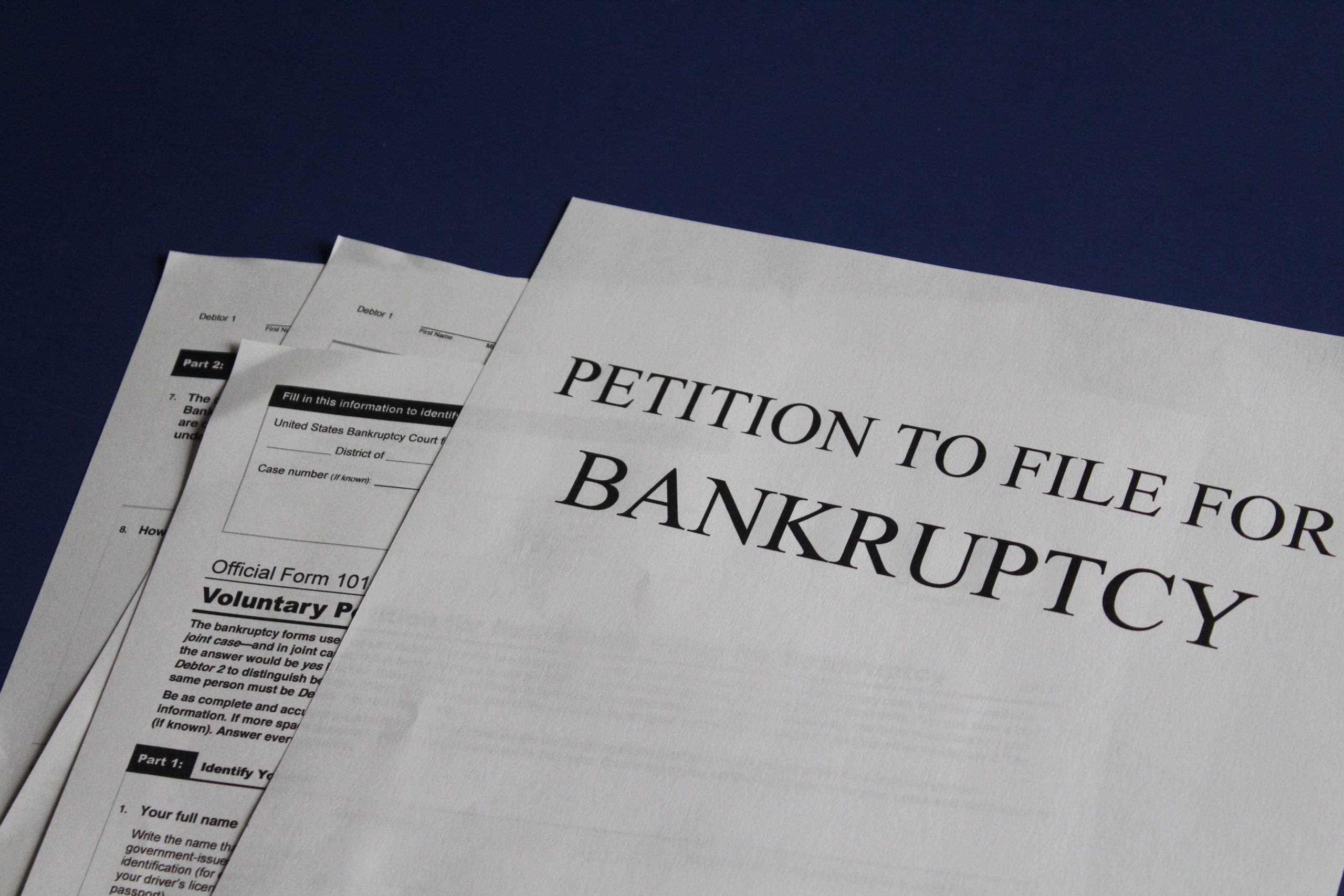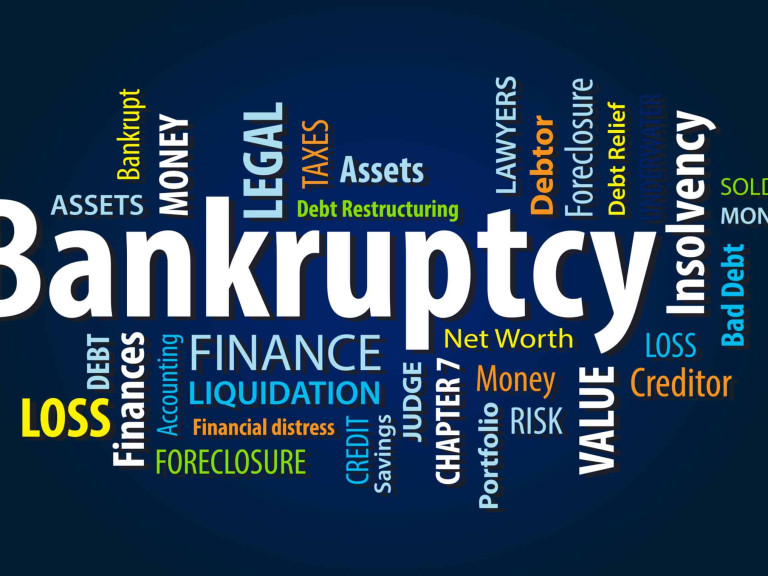A common misconception surrounding bankruptcy is the fear of losing one's property. However, the truth is that in most cases, individuals are able to retain all of their belongings, including their car and home. The fundamental objective of the Bankruptcy Code is to grant debtors a fresh start in their financial journey. Stripping them of their property would only counteract this purpose.
The laws that allow debtors to keep certain property through the bankruptcy process are called “exemption” laws. Each state allows debtors to keep different amounts of property.
The bankruptcy exemptions in Michigan are governed by state law. These exemptions determine which assets and property you can protect when filing for bankruptcy in the state of Michigan. It's important to note that exemption laws can change, so it's advisable to consult with a bankruptcy attorney or check the most recent Michigan bankruptcy exemption laws before filing.
Here are some of the key exemptions available under Michigan law:
- Homestead Exemption: As of 2021, Michigan's homestead exemption allows you to exempt up to $39,000 in equity in your primary residence. This exemption amount may be doubled for a married couple filing jointly, allowing up to $78,000 in equity to be protected.
- Personal Property: Michigan's bankruptcy exemptions include various personal property items, such as clothing, household goods, furniture, and appliances, up to a total value of $6,000 per person.
- Motor Vehicle Exemption: You may be able to exempt up to $3,525 in equity in one motor vehicle.
- Tools of the Trade: Tools, equipment, and materials that are necessary for your occupation, trade, or profession can be exempted up to $2,525.
- Jewelry: Jewelry is typically exempt up to $1,600 in value.
- Wild Card Exemption: Michigan has a "wild card" exemption that allows you to exempt up to $1,350 in any property of your choosing, plus any unused portion of the homestead exemption (up to $36,650).
- Retirement Accounts: Retirement accounts, including 401(k)s, IRAs, and pension plans, are generally exempt from bankruptcy creditors.
- Public Benefits: Certain public benefits, such as Social Security, unemployment compensation, workers' compensation, and disability benefits, are exempt.
- Life Insurance: Life insurance policies that have a cash surrender value of up to $4,000 are typically exempt.
- Alimony and Child Support: Alimony and child support payments you receive are exempt from bankruptcy.
It's crucial to remember that these exemption amounts are subject to change, and there may be additional exemptions available depending on your specific circumstances and Michigan's current bankruptcy laws.
Need to Speak with a Mid-Michigan Bankruptcy Attorney Now?
If you're facing the possibility of foreclosure, repossession, or wage garnishment, seek assistance from the experienced bankruptcy attorneys at Reinert and Reinert. We are here to help. Schedule a Free Consultation with us today.


